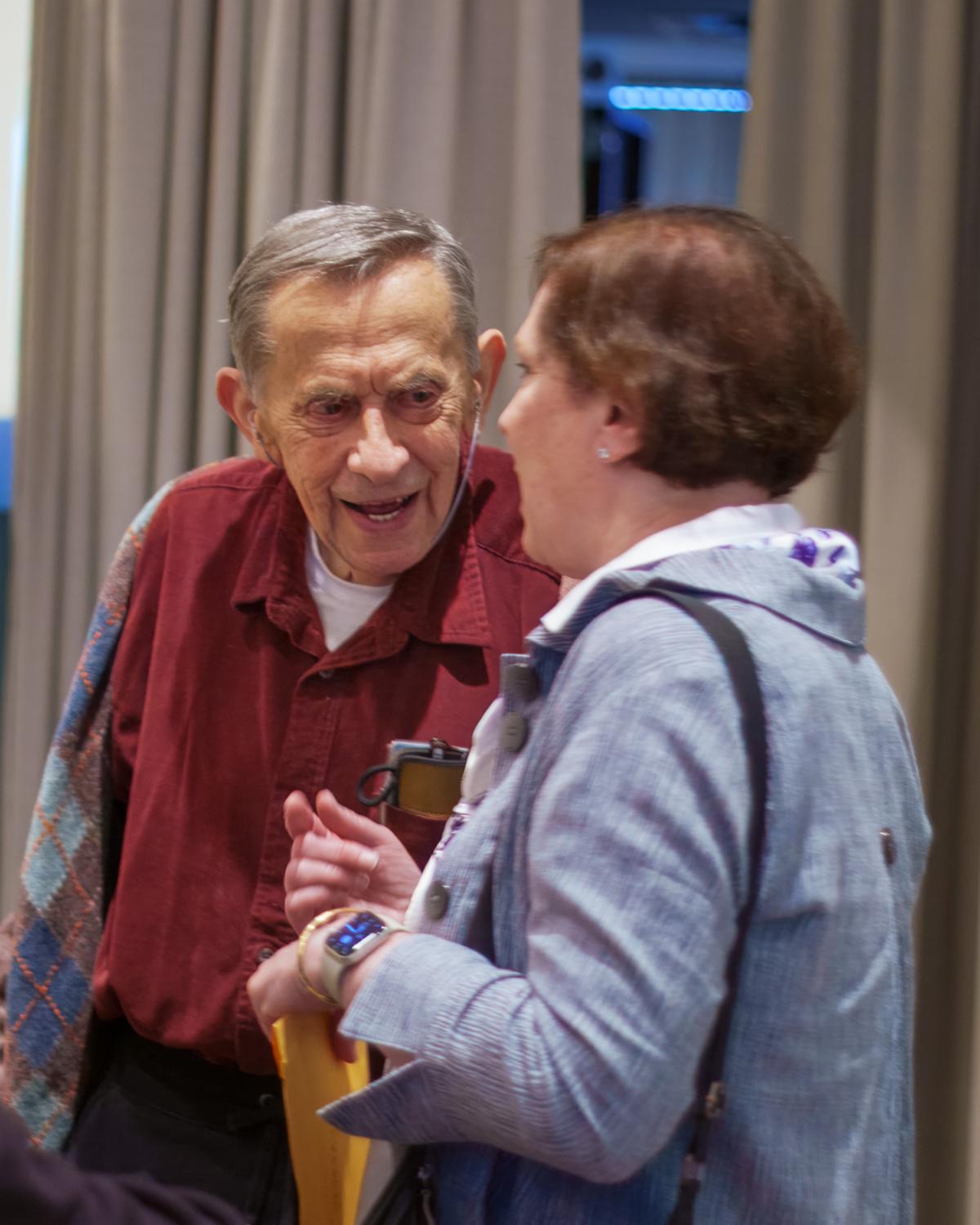|
Monday, March 3 - Friday, March 7:
On February 18, ICS announced its decision to discontinue its denominationally-related status within the Christian Reformed Church in North America. This decision was made in response to the adoption and enforcement of the Human Sexuality Report (2021), and it reflects our ongoing commitment to creating safe spaces where past and present CRCNA parishioners can engage in conversations that truly matter.
We are deeply grateful for the words of support we have received from so many. Thank you for your prayers and for standing with us during this time.
As part of our commitment to fostering meaningful dialogue, ICS will offer a new course in Fall 2025: Gender, Sexuality, and the Bible, led by Dr. Sylvia Keesmaat. This course will explore the use of the Bible in contemporary debates on gender and sexuality, inviting students into thoughtful and informed conversations. We encourage those who are interested to join us in this important exploration. More information is available at letter.icscanada.edu/keesmaat.
Monday, March 10 - Friday, March 14:
We're excited to announce that ICS is hosting a four-day intensive workshop for Christian educators at London Christian High from August 11 to 14, 2025. Led by Dr. Edith van der Boom, Cultivating Christ-Centered Education will explore how faith shapes classroom practices and student formation. Please pray the teachers who attend this event will find themselves and their teaching practice reinvigorated as they prepare to head into a new school year.
The deadline for applying to the MA-EL is fast approaching (April 1). We pray that those seeking to deepen their leadership skills and enrich their teaching will find their way to this program.
This summer, ICS is offering three courses in educational leadership:
What's Christian About Christian Education? (Dr. Neal DeRoo) – This course explores how Christian education engages with cultural influences and offers a distinctive vision for learning. Students will reflect on how their faith shapes both their teaching and school environments.
Called to Teach: Formation and Learning (Dr. Edith van der Boom) – Designed for K-12 educators, this course examines teaching as a calling, exploring how faith and spiritual formation influence pedagogy and student engagement.
Lead From Where You Are (Dr. Gideon Strauss) – This course challenges traditional notions of leadership, equipping educators to lead effectively in their schools and communities, regardless of their formal position.
We ask for your prayers that these courses will provide meaningful learning experiences and that those who would benefit most will be guided to them.
Monday, March 17 - Friday, March 21:
As families and teachers take time for travel and rest, we pray for safe journeys and moments of renewal. May teachers returning from this break find a sense of clarity and creativity in their work, and may this time offer respite for those who need it most.
On Saturday, March 22, we invite you to join us (either in-person or online) for the Winter 2025 Scripture, Faith, and Scholarship Symposium at First Christian Reformed Church in Toronto. This free event, Finding Blessing in the Process: A Conversation about Faith, Deconstruction, and Blessed Are the Undone, will feature guest speakers Angela Reitsma Bick and Peter Schuurman, co-authors of Blessed Are the Undone: Testimonies of the Quiet Deconstruction of Faith in Canada.
Please pray that this event will provide a productive space for us to wrestle with the questions that our contemporary world poses to people of faith. Likewise, please pray that the fellowship of this event will edify all those who join.
To RSVP, please visit sfs.icscanada.edu.
Monday, March 24 - Friday, March 28:
As the month draws to a close, we invite you to join us for Philosophy Pub Night on Friday, March 28, at The Saint Luke's Mission in Hamilton (454 John Street South).
This evening will feature ICS PhD candidate Julia DeBoer, who will give a short presentation, entitled "How to (Actually) Do Things With Words: Sense and Expression Reconsidered." After her presentation, we will walk around the corner to the pub for discussion.
Please pray that through this event, ICS folk can spark important conversations and share the spirit of reformational philosophy with folks, both familiar and unfamiliar.
To RSVP, email ics-communications@icscanada.edu.
May this month be filled with moments of renewal as we strive to flourish together. Thank you for keeping ICS in your prayers!
View as Webpage
|








